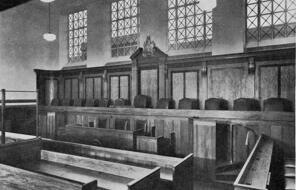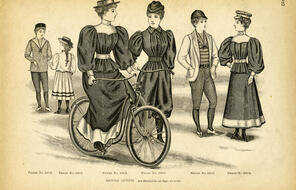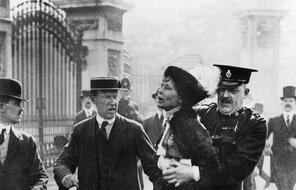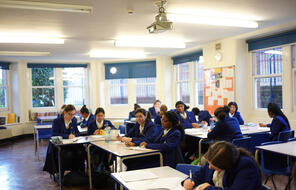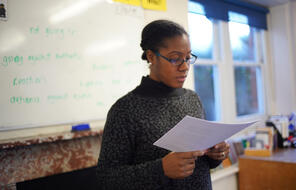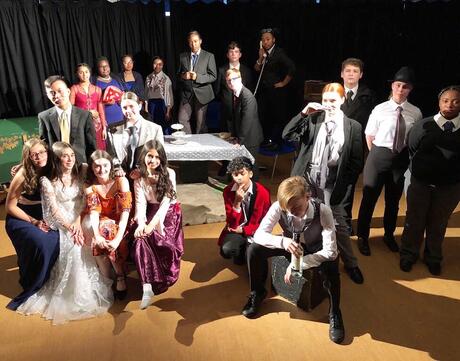
Theatre as a Call to Action
Overview
About this Lesson
Art has the capacity to move us, to make us think differently about the world, and to challenge our behaviour. It is no exaggeration to say that with the right conditions, art can lead to social change and spark movements. Indeed, the power of art in all its forms to inspire people to promote and fight for great systemic change is evident in the fact that throughout history and the world authoritarian governments have censored and banned books, plays, films, music and art, and even gone to the lengths of arresting, exiling or killing those who produced supposedly inflammatory content. However, art also has the power to exclude people. If art is produced by or represents the identities and views of only a small proportion of the population, it limits those who can relate to it and tells stories that only consider the identity of a few.
In this lesson, students will consider theatre as a call to action, discussing its power and limitations to spark real social change. Students will explore the constraints of theatre: theatre productions (and indeed every art form) tell the stories of those involved in their creation; they, therefore, are more likely to resonate with people who have similar identities and/or experiences to the creators. Students will read an article on this topic, which discusses the UK theatre scene and outlines issues regarding its inclusivity. They will then have the opportunity to modernise An Inspector Calls, outlining a version that is relevant to them and their experiences and writing a scene from their version. This creative activity will encourage them to reflect on the power of sharing stories and of telling their own.
Preparing to Teach
A Note to Teachers
Before teaching this lesson, please review the following information to help guide your preparation process.
Lesson Plans
Part I Activities
Part II Activities
Homework Suggestion
Materials and Downloads
Theatre as a Call to Action
Unlimited Access to Learning. More Added Every Month.
Facing History & Ourselves is designed for educators who want to help students explore identity, think critically, grow emotionally, act ethically, and participate in civic life. It’s hard work, so we’ve developed some go-to professional learning opportunities to help you along the way.
Exploring ELA Text Selection with Julia Torres
On-Demand
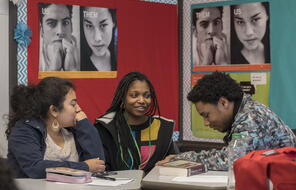
Working for Justice, Equity and Civic Agency in Our Schools: A Conversation with Clint Smith
On-Demand

Centering Student Voices to Build Community and Agency
On-Demand











